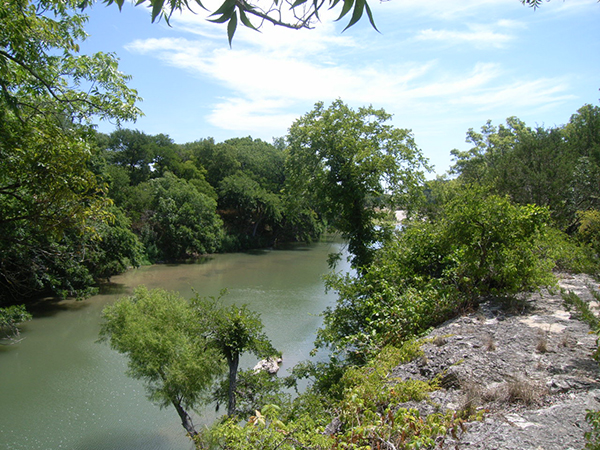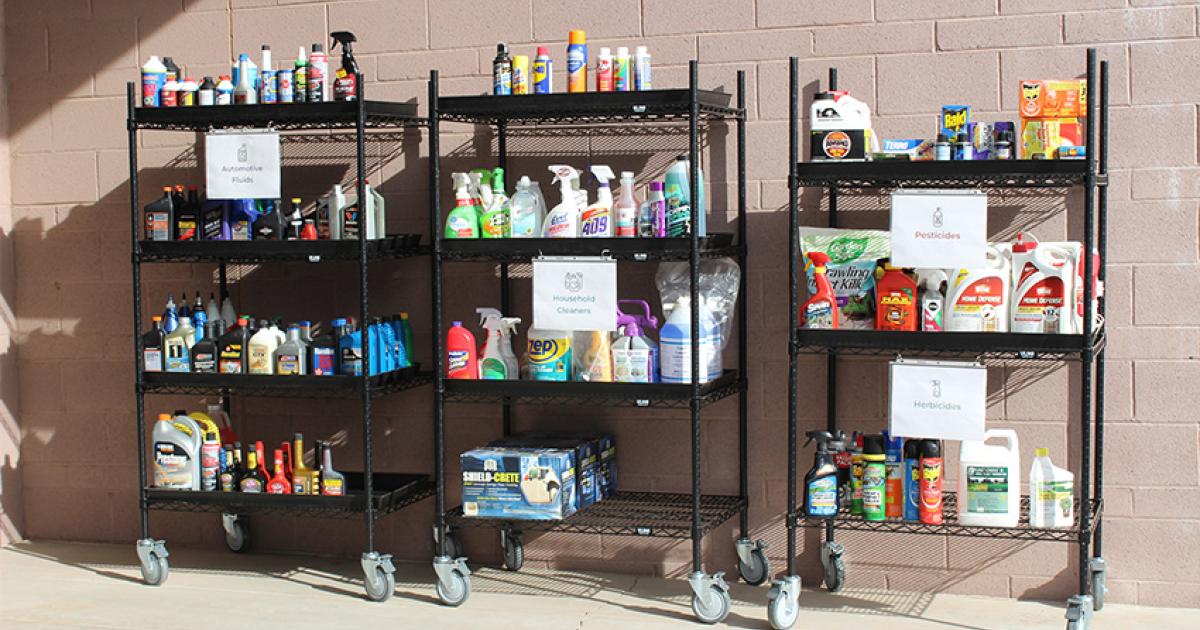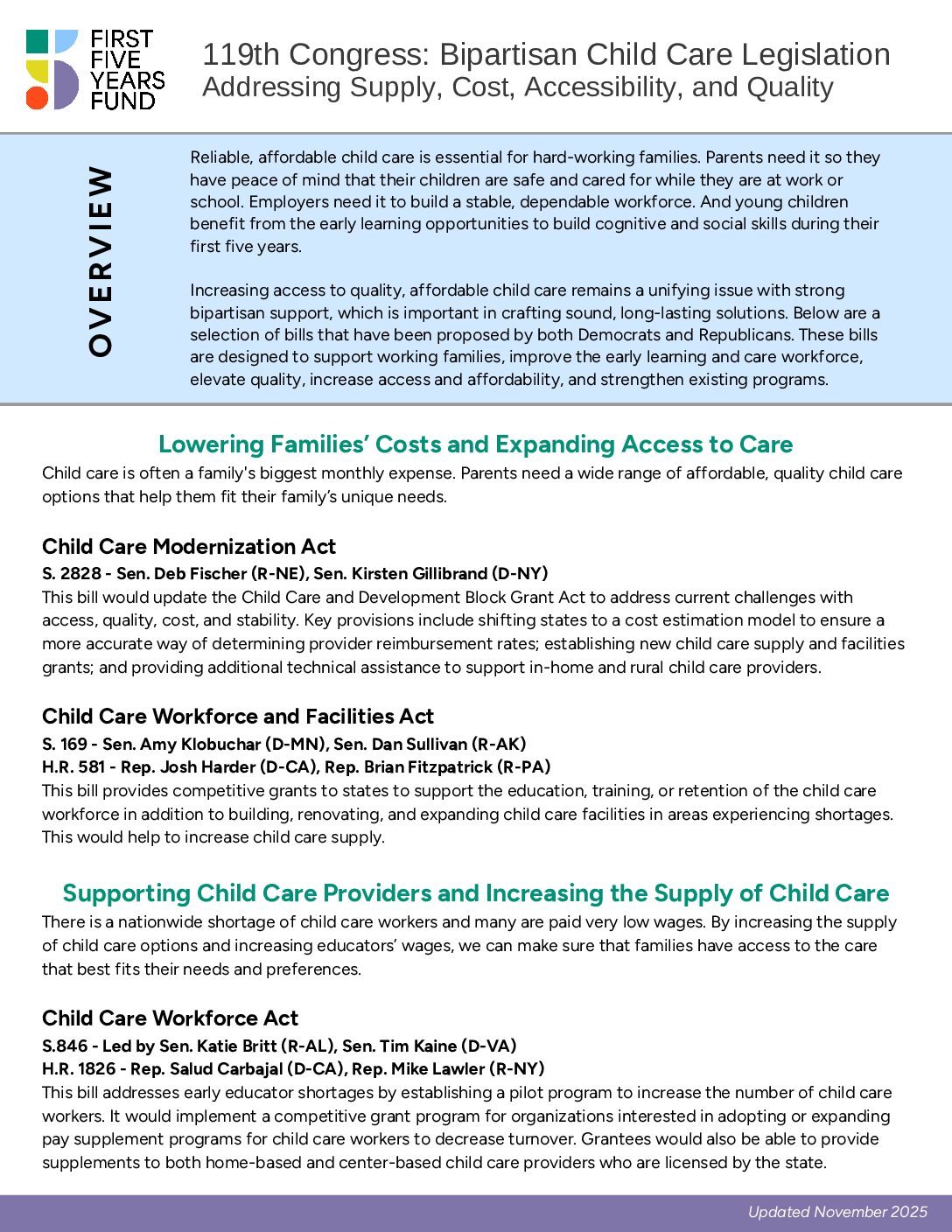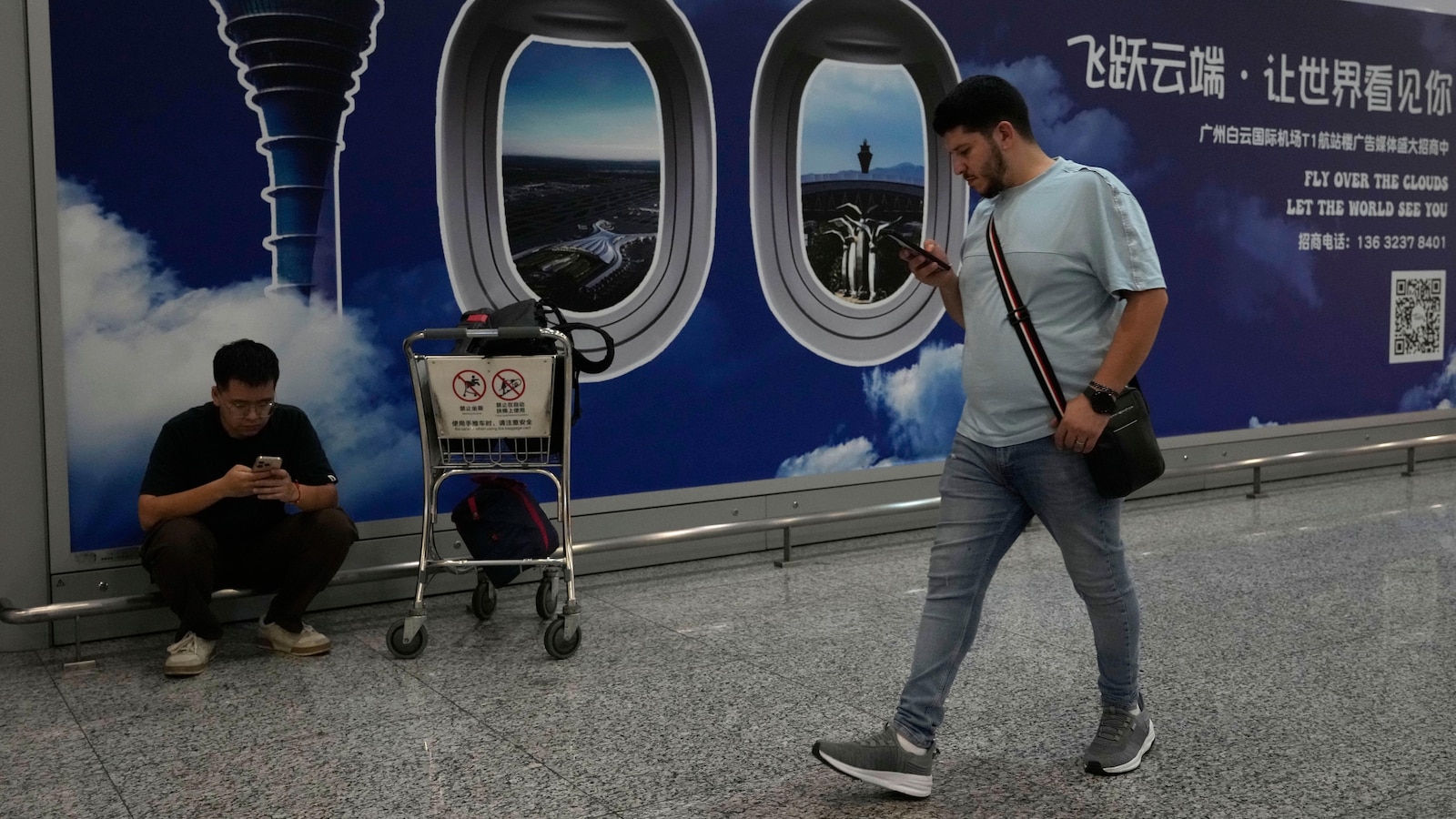Majority of Bulgaria’s Tourism Income Generated in Summer Despite Employment Fluctuations – Novinite.com

Report on the Bulgarian Tourism Sector: Economic Performance and Alignment with Sustainable Development Goals (SDGs)
Executive Summary: Economic Performance and Seasonal Dependency
An analysis of the Bulgarian tourism sector reveals significant seasonal dependency, a critical factor influencing its alignment with the principles of sustainable economic growth. The industry’s performance in the first half of 2025 highlights challenges and opportunities related to achieving year-round stability and contributing to the Sustainable Development Goals (SDGs).
- Seasonal Income Concentration: Approximately 70% of the sector’s total income is generated during the summer months. This intense seasonality presents a challenge to achieving the objectives of SDG 8 (Decent Work and Economic Growth), which advocates for stable, year-round employment and sustained economic activity.
- First-Half 2025 Performance: A survey conducted by the Bulgarian Association of Professionals in Hotel Management (BAHE) indicates varied business performance preceding the peak season.
- One-third of hoteliers reported improved business compared to the previous year.
- One-third experienced steady business levels.
Employment Dynamics and Contribution to SDG 8
Employment trends in the hospitality sector are a direct indicator of its contribution to SDG 8, which promotes full, productive, and decent work for all. The pre-summer data reflects the challenges of seasonal employment patterns.
- Occupancy and Employment Rates:
- Hotel employment rates predominantly fluctuate between 30% and 50% before the peak season.
- Approximately one-third of hotels reported occupancy levels between 50% and 70%.
- About one-fifth of establishments operated with occupancy below 30%.
- Staffing Level Changes:
- Nearly 20% of hoteliers noted a 10% increase in staff numbers.
- A similar proportion experienced a 10% decline in personnel.
- One-third maintained steady employment levels from the previous year.
Revenue, Costs, and Economic Viability
The financial health of the tourism sector is fundamental to its long-term sustainability and its capacity to support national economic growth as outlined in SDG 8. Current trends show a disparity between revenue growth and rising operational costs.
- Revenue and Expense Analysis:
- Revenue increased by approximately 10% in the first six months of the year.
- Hotel expenses outpaced income, rising between 10% and 20%, thereby impacting profitability and sustainable operations.
- Pricing and Future Outlook:
- Nearly 45% of hoteliers increased room rates by up to 10%, while 40% kept prices stable.
- Future expectations are cautious: 40% of hoteliers anticipate revenue growth of up to 10% in the second half of the year, while 30% foresee no significant change.
Key Challenges and Strategic Responses for Sustainable Growth
Addressing systemic challenges is crucial for transforming the sector into a more sustainable and resilient industry. The primary obstacle identified is a workforce deficit, which requires strategic interventions aligned with multiple SDGs.
- Primary Challenge: Staff Shortages: The most pressing issue cited by a majority of hoteliers is a persistent shortage of staff. This directly impedes the sector’s ability to provide quality service and achieve the full potential of SDG 8.
- Strategic Initiatives for a Sustainable Workforce: In response, the industry is implementing measures that support both SDG 8 and SDG 10 (Reduced Inequalities) by creating opportunities for workforce development.
- Wage Growth: Wages in the sector are expected to continue rising to attract and retain skilled labor, contributing to decent work.
- Youth Employment and Training: Initiatives focused on training young workers through internships and temporary employment schemes are underway to build a skilled and sustainable talent pipeline.
SDGs Addressed in the Article
-
SDG 8: Decent Work and Economic Growth
- The article extensively discusses the economic performance of Bulgaria’s tourism sector, including income generation, revenue growth, and rising operational costs. It directly addresses employment issues such as fluctuating employment rates, persistent staff shortages, rising wages, and the seasonal nature of jobs, all of which are central to the goal of achieving decent work and sustainable economic growth.
-
SDG 4: Quality Education
- The article touches upon this goal by mentioning specific industry efforts to combat staffing shortages. The reference to “initiatives aimed at training young workers through internships and temporary employment schemes” highlights a direct link to providing vocational training and relevant skills for employment, which is a key aspect of quality education.
Specific Targets Identified
-
SDG 8: Decent Work and Economic Growth
- Target 8.5: By 2030, achieve full and productive employment and decent work for all women and men, including for young people…
The article’s focus on the “persistent shortage of staff,” fluctuating employment rates (between 30% and 50%), and rising wages directly relates to the challenge of achieving full, productive, and decent work in the tourism sector. - Target 8.9: By 2030, devise and implement policies to promote sustainable tourism that creates jobs…
The article highlights the heavy seasonality of Bulgarian tourism, with “70% of Bulgaria’s tourism income” generated in summer. This points to a lack of sustainable, year-round tourism, which this target aims to address to ensure more stable job creation. - Target 8.2: Achieve higher levels of economic productivity through diversification… including through a focus on… labour-intensive sectors.
The discussion revolves around tourism, a key labor-intensive sector. The challenges of seasonality and expenses outpacing revenue (“hotel expenses have outpaced income, rising between 10% and 20%”) suggest a need for diversification and productivity improvements to ensure long-term economic health, as outlined in this target.
- Target 8.5: By 2030, achieve full and productive employment and decent work for all women and men, including for young people…
-
SDG 4: Quality Education
- Target 4.4: By 2030, substantially increase the number of youth and adults who have relevant skills, including technical and vocational skills, for employment, decent jobs and entrepreneurship.
This target is directly addressed by the industry’s response to staff shortages, specifically through “initiatives aimed at training young workers through internships and temporary employment schemes.” These programs are designed to equip young people with the vocational skills needed for employment in the hotel sector.
- Target 4.4: By 2030, substantially increase the number of youth and adults who have relevant skills, including technical and vocational skills, for employment, decent jobs and entrepreneurship.
Indicators for Measuring Progress
-
Indicators for SDG 8
- Employment and Occupancy Rates: The article provides specific data points that can serve as indicators, such as “Employment rates across hotels mostly fluctuate between 30% and 50%” and hotel occupancy figures (“one-third reporting occupancy between 50% and 70%”). These directly measure employment levels in the sector.
- Revenue and Expense Growth: The article mentions that revenue has “grown slightly by around 10%” while expenses have risen “between 10% and 20%.” These figures are direct indicators of the economic performance and profitability of the tourism industry.
- Wage Trends: The statement that “wages in the sector are expected to continue rising” is a qualitative indicator for measuring progress towards ‘decent work’.
- Seasonality of Income: The fact that “Roughly 70% of Bulgaria’s tourism income is generated during the summer months” is a clear indicator of the lack of sustainable, year-round tourism. A reduction in this percentage over time would indicate progress.
-
Indicators for SDG 4
- Participation in Vocational Training: The mention of “initiatives aimed at training young workers through internships and temporary employment schemes” serves as a qualitative indicator. Progress could be measured by tracking the number of young people participating in and completing such programs within the tourism industry.
Summary Table: SDGs, Targets, and Indicators
| SDGs | Targets | Indicators Identified in the Article |
|---|---|---|
| SDG 8: Decent Work and Economic Growth |
8.5: Achieve full and productive employment and decent work.
8.9: Promote sustainable tourism that creates jobs. 8.2: Achieve higher levels of economic productivity. |
– Employment rates fluctuating between 30% and 50%. – Persistent shortage of staff. – Expectation of rising wages. – 70% of tourism income generated in summer months. – Revenue growth (10%) vs. expense growth (10-20%). |
| SDG 4: Quality Education | 4.4: Increase the number of youth and adults with relevant vocational skills for employment. | – Existence of initiatives for training young workers through internships and temporary employment schemes. |
Source: novinite.com

What is Your Reaction?
 Like
0
Like
0
 Dislike
0
Dislike
0
 Love
0
Love
0
 Funny
0
Funny
0
 Angry
0
Angry
0
 Sad
0
Sad
0
 Wow
0
Wow
0









































































